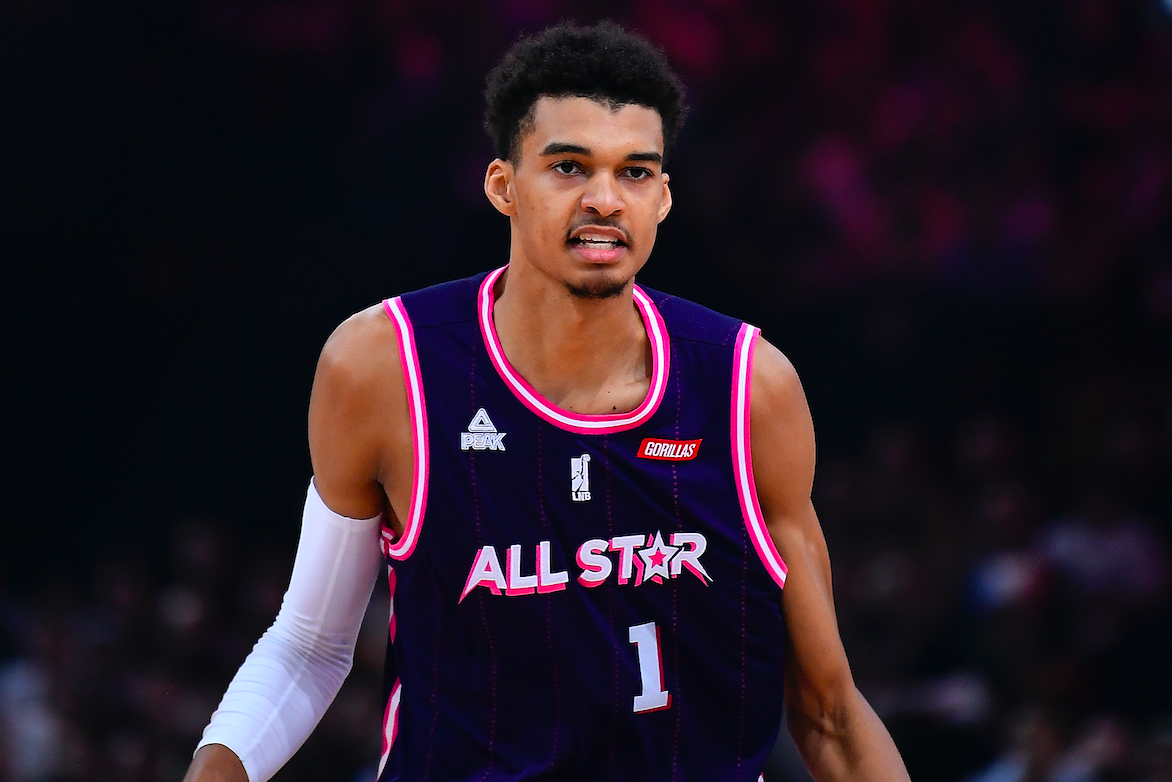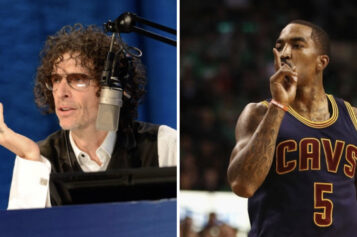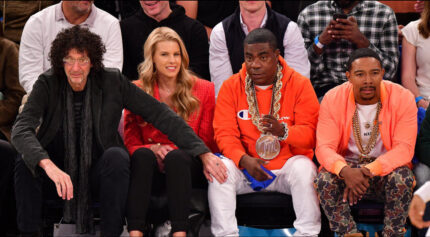A half a century ago, on March 22nd, 1967 Muhammad Ali defended his world heavyweight title against Zora Folley in Madison Square Garden.
At the time, Ali was the most hated public figure in the U.S.
Undefeated in the ring, he was losing more and more in the court of public opinion.
In February of 1966, Ali was reclassified by his hometown Louisville draft board as 1-A, from 1-Y. His 1-Y (ineligible) status had been based upon his poor performance on the U.S. Army entrance exam, to which he quipped, “I said I was the greatest, not the smartest”.
Based upon the new classification, a change which was never clearly explained, on March 9th, 1966, at the height of the war, Alis draft status was revised to make him eligible to serve in Vietnam.
Network television news crews were perched on the lawn of his modest Miami home, seeking his reaction. He made is his infamous statement of, “I ain’t got no quarrel with the Viet Cong,” arousing and intensifying the disdain that many already felt towards him.
Mountains of hate mail poured in, as did death threats. Other citizens wrote their local draft boards, or even the House Armed Services Committee, complaining “If a poor boy like me/my son has to join, why can’t ‘Clay’? What makes him so special?”
Originally in 1966, Ali was scheduled to defend his title against number one contender Ernie Terrell in the latter’s hometown of Chicago in November. But Mayor Richard Daley, Illinois Governor Kerner and other politicians, revoked his Illinois boxing license. The Illinois Athletic Commission canceled the fight.
With hearings about his selective service status threatening his livelihood, the champion was non-stop in 1966. Many U.S. states would not license his matches. On March 29th, he defended his title against George Chuvalo in Toronto. He faced Henry Cooper on May 21st in London. Then he felled Brian London on August 6th with a flashing flurry in London.
The next month, he fought European champ Karl Mildenberger on September 10th in Frankfurt. Ali finally did fight stateside, in a brilliant defeat of Cleveland Williams on November 14th in the Houston Astrodome as legal battles continued.
By 1966, Ali had replaced the Louisville Sponsorship Group – his management team comprised of tobacco, bourbon, and thoroughbred racing executives who had owned his rights since shortly after he won his 1960 Olympic light-heavyweight gold medal – with a Chicago-based group called Main Bout, Inc. headed Herbert Muhammad of the Nation of Islam, and including recent NFL star Jim Brown.
Seasoned boxing writers and sports columnists derided Main Bout as “brainwashing ‘Clay'” or “taking his money”. But Herbert Muhammad was able to negotiate U.S. bouts for Ali, including the late 1966 Williams fight. For 1967, Main Bout booked the champ into boxing’s most storied venue, Madison Square Garden. The opponent? Not an up-and-comer like Joe Frazier, Leotis Martin or Thad Spencer. Not Ali’s rising contender and sparring partner, childhood friend Jimmy Ellis. Not young Californian “Irish” Jerry Quarry. It would be longtime top 10 heavyweight Zora Folley of Chandler, Arizona.
The opposition, and the charged backdrop of sanctions against Ali’s eligibility as a champion who was a conscientious objector, informed the buildup to the fight. Absent were the typical Ali promotions to help build the gate. Ali was respectful of the veteran Folley, especially his role as a father of young children. The sentiment was mutual. Unlike Floyd Patterson and Ernie Terrell, Folley addressed Ali by his converted name. Ali did not bestow a nickname on Folley (Patterson he had dubbed “The Rabbit”, Terrell “The Octopus”).
Ali also would not predict his customary knockout round. When ABC’s Howard Cosell pointed out his serious mood, he retorted, “Whatever truculent is, if that’s good, I’m that”.
He told the New York Times’ Robert Lipsyte, “That Folley’s such a nice, sweet old man, eight little kids, calls me Muhammad Ali, thanks me all the time for giving him a chance. How’m I ever gonna get mad at him and build up this fight?” Old man Folley was 34.
Who was this foe whom Ali treated so differently? A clever counter-puncher in good condition, his career highlights were victories over Eddie Machen (twice), George Chuvalo and Oscar Bonavena. He had been the number one heavyweight contender in 1958. His career was checkered with losses to Henry Cooper, Sonny Liston, Doug Jones and Ernie Terrell, though he knocked Cooper and Jones down before losing. Folley had 40 knockouts to his credit.
Of two-time champ Floyd Patterson, Folley told Sports Illustrated in March 1967: “If Floyd had given me a shot, I would have been champion years ago. But he was afraid of me. He kept dodging me, and I was out in the bushes.” Ali, 25 years old at the time, provided him his big shot. The cream of the boxing media, most of whom, save Lipsyte, had excoriated Ali in their columns for his stance on the wars in Vietnam, would witness a meeting of two titans who highly respected one another.
The humble, highly ranked journeyman against the boastful, controversial young showman. Another controversial young showman, the New York Jets quarterback Joe Namath, was among the attendees. It was the first heavyweight championship fight in Madison Square Garden in 15 years.
Asked if he was nervous, Folley said, “I can’t get nervous anymore. I left all that back there” (meaning the Korean War). Ali stated he would “Retire, tonight” if he lost his crown. When the combatants were introduced, Ali was met with a drowning chorus of boos. Because Ali had not clowned about Folley in the preceding weeks, the event lacked some of the luster of a heavyweight title night.
At the outset of round one, Ali circled Folley on tiptoe without jabbing. Folley, reluctant to take the bait and tire himself, did not stalk, but shadowed flat-footed, shooting crisp right leads, which were cheered by the crowd.
Zolley pursued in the style of a 1950’s heavyweight, which he once was. He attempted to measure Ali for a quick, overhand circling right. In the second, Folley aimed jabs, some in succession, at Ali’s chest, in an effort to get the champion to lower his guard and leave himself open to a right follow. Late in round two and early in the third, Ali’s footwork turned flashier, but Folley’s tactics were unchanged.
Ali opened the fourth more flat-footed. The crowd was patient. When Ali did miss with semi-circular swings, Folley was more stiff-legged and swaying, than elusive. Less than halfway through the fourth, Ali threw one, then another, then a strong overhand right that caught and dropped a stiff Folley.
Ali raised his hands overheard in victory, but Folley rose at the count of nine. He fought gamely and aggressively after the knockdown. Some of Folley’s blows, Ali barely avoided by leaning his head back out of danger. Ali started the fifth on his toes, though closer to Folley than early on. More and more he tagged Folley with jabs. The crowd grew spirited.
At the beginning of the sixth, Ali passive aggressively stalked his prey from a flat-footed stance. With a little more than a minute to go in the sixth, he was again on his toes. Folley did not traditionally chase as most Ali opponents, he looked for one big blow, conserving motion of hand and foot. But when Ali engaged him, he was easy to hit.
In the seventh round, Ali became the hunter. After 1:48, Folley was short with a left at Ali’s torso, and Ali responded with one, then an instant second overhand right very similar to the punch which became known as “The Phantom Punch” of his defense of his title in 1965 against Sonny Liston. It caught Folley flush, and the challenger fell.
Ref Johnny LoBianco counted to six before Folley tried to prop himself up by his gloves against the canvas, eight before he stumbled in an effort to gather his legs under himself, stumbled toward his own corner in a crawl, fell again, and failed to answer the ten count standing. When Folley did rise, Ali walked to him and draped an arm across his shoulder, and began talking to the older warrior.

He walked and talked to him in this sporting fashion for the longest anyone had seen him do after a win. This belied the notion Ali was a poor sportsperson, a bitter athlete, who had “carried” both Patterson and Terrell, punishing them for not addressing him by his Islamic name, long after he could have mercifully knocked out each man. Ali demonstrated grace toward Folley and fight fans.
In a postfight interview with longtime closed circuit ring announcer Don Dunphy, Ali admitted that Herbert Muhammad had told him after rounds five and six to stop toying with Folley and knock him out, to which he responded that he wasn’t playing around at all. Dunphy brought Hebert Muhammad over to ask what was next, and Herbert alluded to a Tokyo defense against young Oscar Bonavena on May 27, and said the Japanese promoter was in attendance in New York.
Most sports media felt Folley had provided Ali with his toughest title match. Folley, proud of his own showing, said: “I went to New York to win the championship. I wouldn’t have gone if I did not think I could win. I was confident. But Ali beat me at my own game. He did the same thing to Liston (knocked him out with a right hand, didn’t he)…The right hands Ali hit me with just had no business landingbut they did. They came from nowhere….This guy has a style all of his own. It’s far ahead of any fighter’s around today, so how could those oldtime fighters, you know, Dempsey, Tunney or any of them keep up? Louis wouldn’t have a chancehe was too slow. Marciano couldn’t get to him, and he would never get away from Ali’s jab. The only one who would have a good chance was Ezzard Charles, a real fast heavyweight who was smart and was perhaps the best combination puncher of them all.”
Ali’s team tried to book a title defense for April 25, three days before his scheduled confrontation with the Selective Service branch in Houston, where he had moved. It was to be a rematch against Floyd Patterson in Las Vegas. Nevada Governor, Paul Laxalt blocked the match, insisting it would give Nevada a black eye. In Houston on April 28, 1967, Ali refused induction into the U.S. military. It was a felony offense punishable by five years in prison and a $10,000 fine.
Ali avoided prison by filing appeals, but on April 28, the New York State Boxing Commission suspended his license and stripped him of his crown. Other states followed suit, as columnists and fans criticized his anti-war stance.
It was a stance that encouraged the Reverend Dr. Martin Luther King, Jr. to not only support him, but publicly oppose U.S. involvement in Vietnam himself.
On May 8th, a federal grand jury indicted Ali for violation of the Selective Service Act. He paid $5,000 bail. His court defense that he was a minister in the Nation of Islam were denied and he was given the maximum sentence: five years prison and a $10,000 fine.
When The Champ exited the courthouse, he told a bank of tv news cameras: Im the champ. I can beat any man alive. I dont have to prove it to anybody. It doesnt make any difference if they take my name off a few bits of paper. You cant brainwash the fact that I am the champ out of the minds of the people. If I thought it would bring freedom, justice and equality for 22 million so-called Negroes, they wouldnt have to draft me. Id join tomorrow.
In June of 1967, Ali married the former Belinda X. Boyd. Legal appeals of his case began to drain his finances, but the time away from the ring with Belinda at his side steeled his reserve, and they began growing their family.
Ali became a cause celebre for progressive entertainers, liberal media, and anti-war college students. Boxing officials scheduled an elimination tournament to crown an alternative champion (Ali said of the tournament, “The contenders are just pretenders”), and names such as Floyd Patterson and Jimmy Ellis vied for the vacant belt.
Joe Frazier was New York and Pennsylvania state heavyweight champ by 1969. Ellis won the elimination tournament, and Ali reminded everyone Ellis was his sparring partner. In 1970, Ellis met Frazier, who knocked him out in a “unification” bout.
Dubbed “The People’s Champion”, Ali was inactive in the ring until a comeback win over Jerry Quarry in Atlanta in October, 1970. Four Octobers later, he recaptured his title with an upset knockout of George Foreman in Kinshasha, Zaire.
Zora Folley fought 10 times after the knockout by Ali. None were major bouts. He retired after being knocked out in the first round by Mac Foster in 1970. His record was 79 wins (43 by knockout), 11 losses and six draws. Folley was later appointed to the Chandler City Council. He died on July 7, 1972 after striking his head in a fall at a Tucson hotel swimming pool.
In the first paragraph of his obituaries, newspapers noted Folley was the last fighter to face Muhammad Ali before the latter was stripped of his championship. He certainly did so with class, and Ali treated him accordingly.



